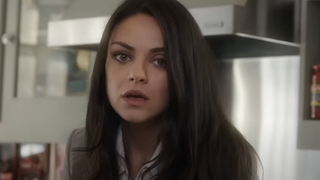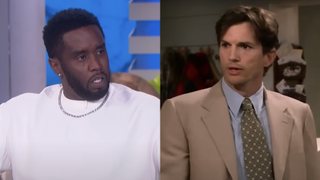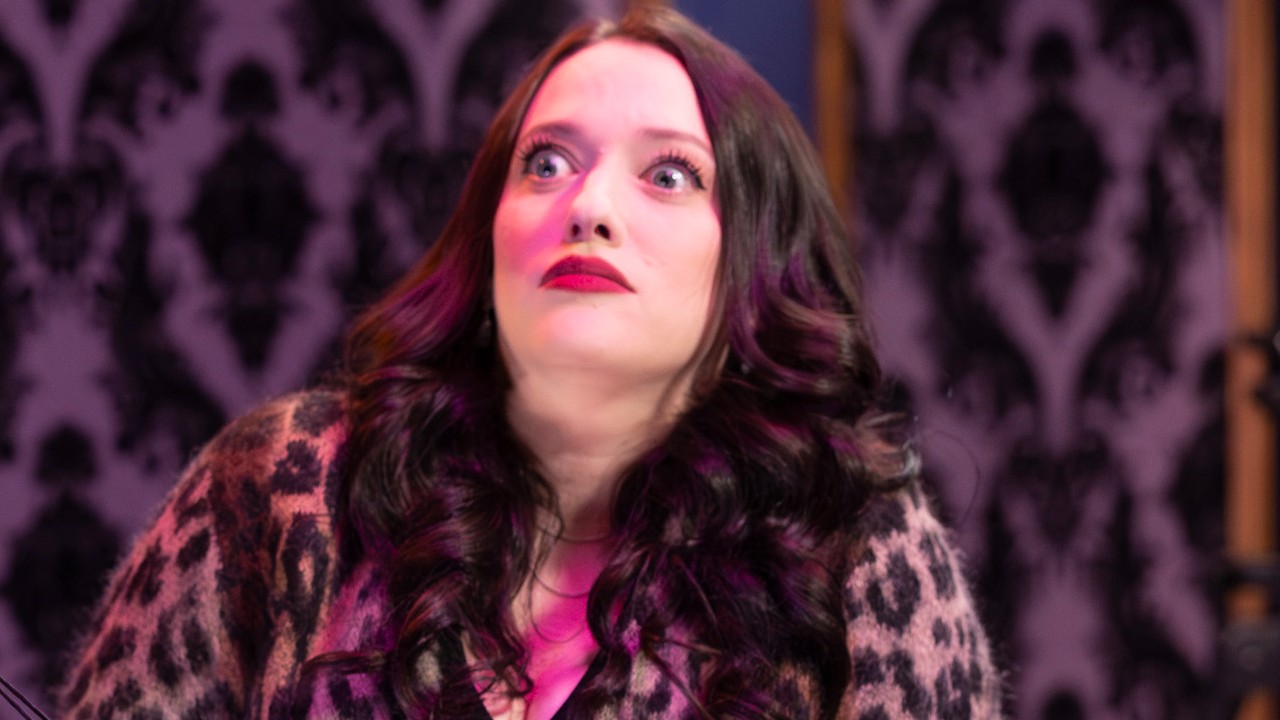ashton kutcher
Latest about ashton kutcher
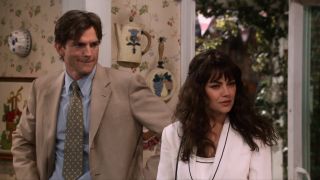
Ashton Kutcher Finally Addresses Rumors About Him And Mila Kunis Not Showering: ‘Does He Stink?’
By Megan Behnke published
The actor has a take on the speculation.
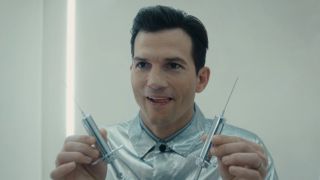
I Already Think Ashton Kutcher Is Set For A Career-Best Performance Opposite Evan Peters After Watching The Beauty's First Trailer
By Nick Venable published
Sign me up! (For the show, not the Beauty itself.)
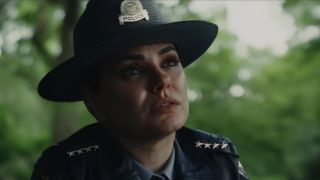
Where Is Mila Kunis These Days? Actress Shares 'Rules' She And Ashton Kutcher Have For Working
By Emma Lambiaso published
Wake up, babe. Mila Kunis is back.
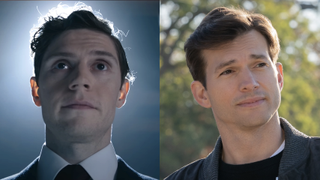
I Was Already Pumped For Evan Peters And Ashton Kutcher's New FX Show, And Ryan Murphy Just Made It Sound Like Nothing Else On TV
By Nick Venable published
Can. Not. Wait.

That Time Ashton Kutcher Got Reality TV Fan Mila Kunis A Call From The Secret Lives Of Mormon Wives Cast
By Maggie Sheck published
This is a new version of Punk'd I could get into.
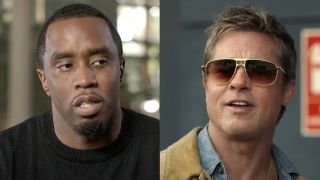
Brad Pitt Never Attended A White Party, So How Did His Name Come Up At Diddy's Trial?
By Dirk Libbey published
Brad Pitt was the latest celebrity to be mentioned at Diddy's trial, but for an odd reason.
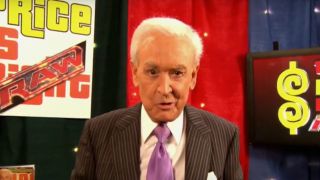
32 Random Celebrities Who Hosted WWE's Raw From 2009-2014
By Philip Sledge published
Thank heavens this era is over...
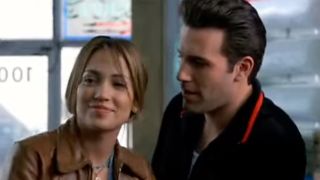
32 Celebrities Who Have Been Married To Multiple Famous People
By Hugh Scott last updated
Hollywood stars sometimes marry each other. Sometimes they marry each other over and over. All of the stars on this list have been married to multiple famous people.
Your Daily Blend of Entertainment News
